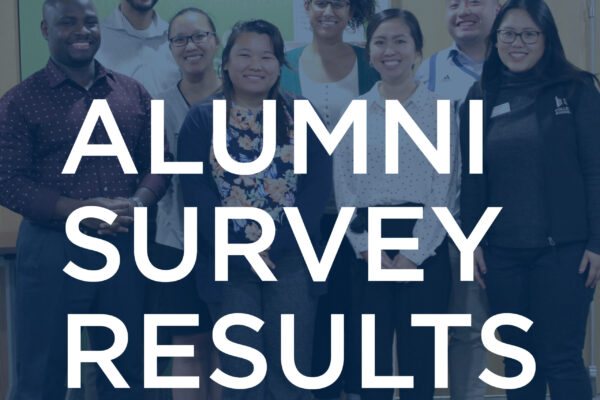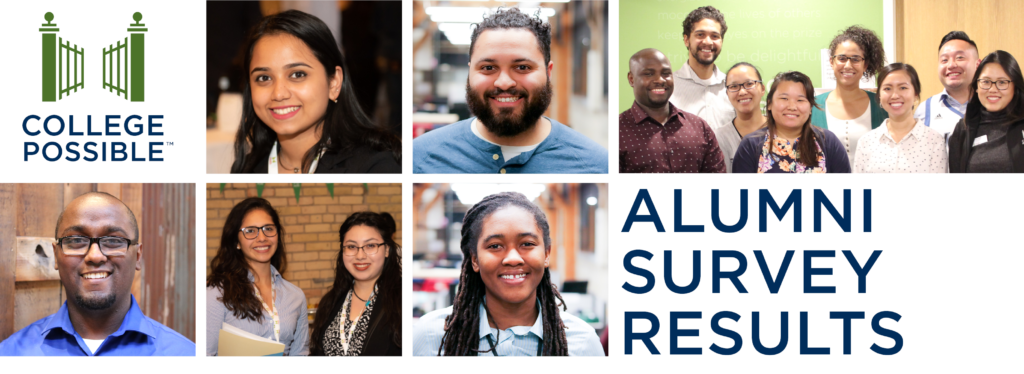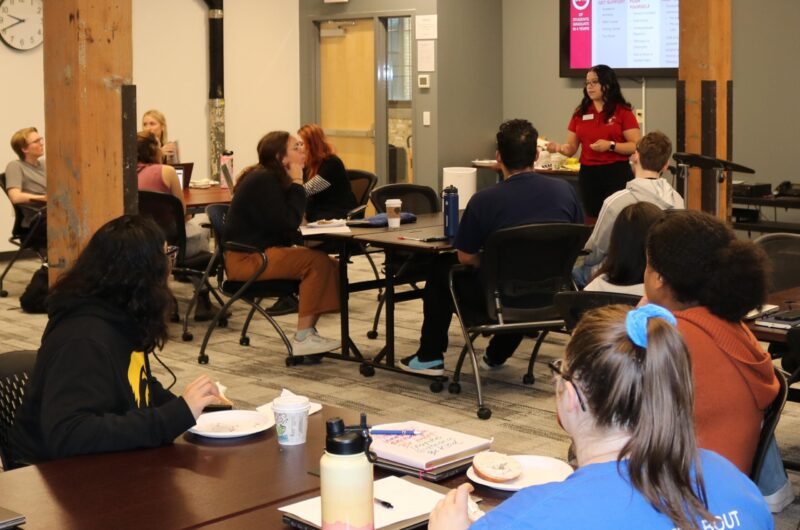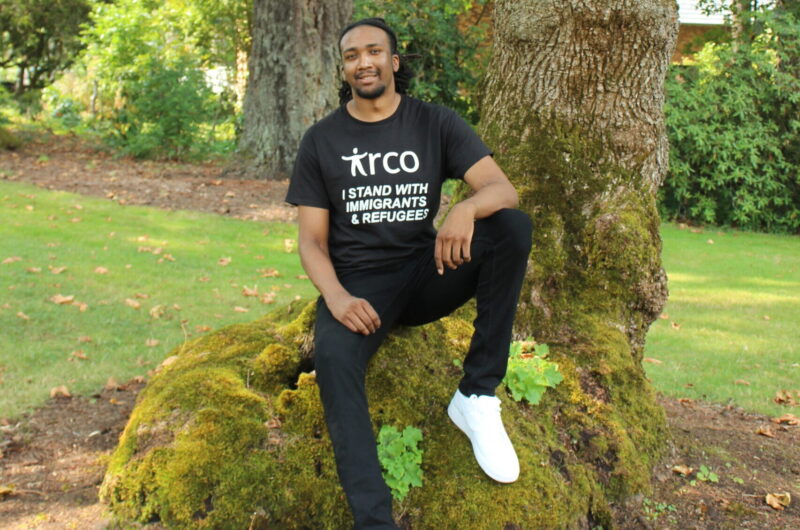For 20 years, College Possible has been at the forefront of college access and success, helping students from low-income backgrounds break the cycle of poverty and close the degree divide. Multiple evaluations, including a Harvard randomized control trial, have demonstrated that College Possible students are more likely to go to college and earn a degree that their peers from low-income backgrounds.
“The evidence suggests the best pathway to increased economic and social mobility is a good education,” said College Possible CEO and founder, Jim McCorkell. “But we lacked the data to show how well our alumni were doing post-graduation.”
That changed in the fall of 2019, when College Possible completed its first ever survey of high school flagship program alumni who have earned a bachelor’s degree. The goal of the survey was to provide insight into the well-being of graduates five and 10 years after graduation. The survey asked a broad range of questions, encompassing topics such as education, finances, employment, family life and civic engagement.
The results were amazing and mission affirming, with key findings that suggest:
- We are helping to change the trajectory of our students’ lives.
- Our graduates are employed, earn middle-class or higher incomes and are committed and engaged citizens.
- Program alumni attribute a large portion of their success to the assistance provided by College Possible and their near-pear coaches.
These findings and others detailed in the report show College Possible is delivering on its promise and helping students from low-income background break free from the grips of multigenerational poverty.
“I find these results incredibly gratifying and reassuring because they help to confirm that our work as an organization is helping to create better lives for our students and their families,” said McCorkell. “These students earned an education, and now they are thriving economically and engaged as citizens”
Together with our partners, College Possible is building a future where students from low-income backgrounds have a fair shot to go as far as their talents and efforts can take them.
Please visit our impact page for more key findings and the full report.




